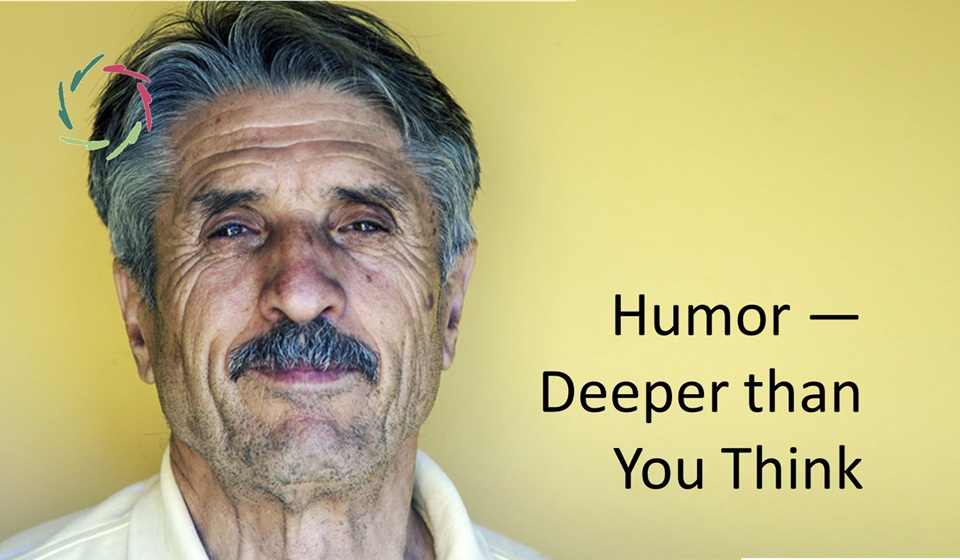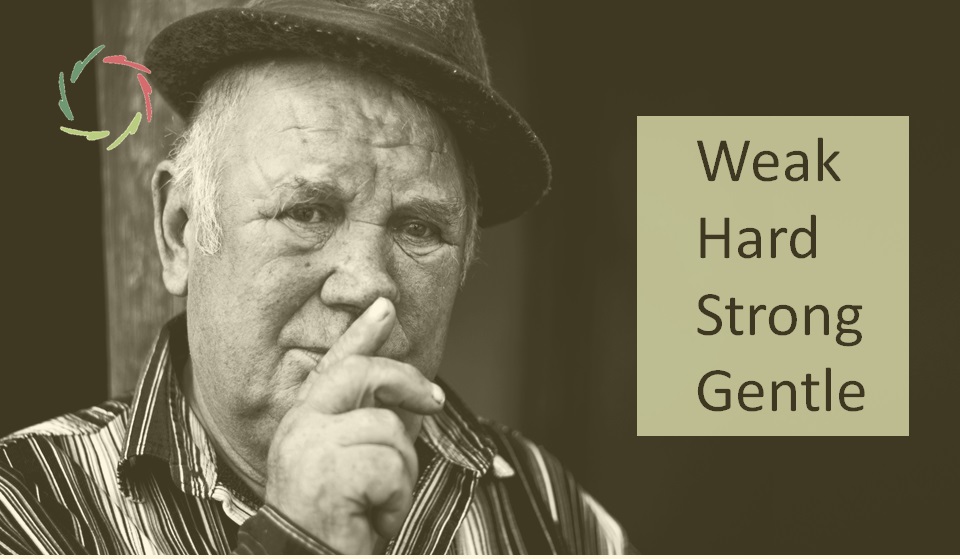Youthfully Sad

In a survey of 8000 high-school students between 2009 and 2021, the American CDC found the share of students with ‘persistent feelings of sadness or hopelessness’ to have risen from 26 to 44%.
This is confirmed by objective measures, such as self-harm, eating disorders, and suicide.
Also, it’s not only happening in the US, but in most ‘developed countries.’ This is a global issue.
I was a sad kid between 11 and +/- 14 years of age.
During these three years, I could hardly cope with what I saw as the in-humanity of many adults ― mainly in the way they treated other kids. I’ve always been an idealist.
Then I found books about non-conscious processing. These may have saved my life, at least my being alive.
Why is youth so increasingly sad?
Several causes have been put forward: stressful news, social media, diminishing sociality, intensive modern parenting, COVID.
These are consistent with straightforward ideas about causality.
However:
- Why is stressful news so stressful?
- Why does youth abuse social media? Even more, why do social media abuse social media?
- Why is there diminishment in sociality?
- Why do parents replace quality with quantity?
- Why did nobody have the guts to take COVID as a crucial chance to forward depth?
Why is youth so sad? – Take two.
This needs in-depth answers to the above questions. These answers are much less straightforward.
The whole thing may be profoundly related to the meaning crisis.
New people (youngsters), coming of age into this world, need to make some sense of it. This sense cannot be freely given to them ― as can, for instance, a new toy, a new hobby, or even a new car.
Meaningfulness needs to grow. It can only come from inside. It grows together with the meaning-giver. Yet, if there is no meaning, there is nothing to live for ― thus, no joie de vivre. There may be pleasure (of the temporary kind), but no happiness, no fulfilling joyfulness.
Thus, there is only sadness, open or hidden.
This kind of sadness may turn into (open or hidden) depression or it may be one from the start. Indeed, we see that many (most?) cases of depression start from a young age.
What saved me at a fairly young age may be what is needed to diminish the global youthful sadness. This is a view of the human being that takes into account the whole person.
Now you know why AURELIS is so full of it. All youngsters need support in this, too.
Otherwise, the sadness of youth will be the sadness of the future.
Young people have two options:
- Make one’s heart into a less depth-sensitive thing.
- Go for it, trying to change the broad environment rather than be changed.
I have chosen the second option ― still curious where it will lead to.


